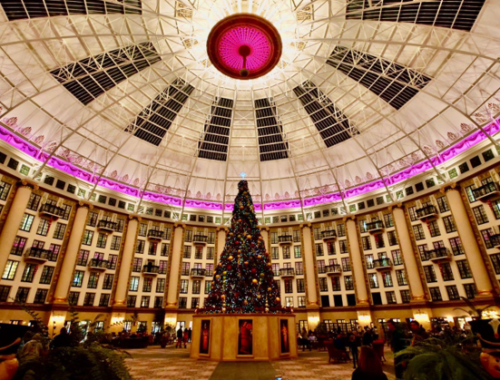
Twelfth Night Revelries: A Look into the Different Ways the Holiday is Celebrated
Twelfth Night, also known as Epiphany, marks the end of the twelve days of Christmas and has become a day of merrymaking and revelry around the world. Celebrated on January 5 or 6, Twelfth Night is a time for feasting, dancing, and exchanging gifts. The ways in which people celebrate this holiday vary greatly depending on their culture and traditions.
Festivities Across Cultures: Global Twelfth Night Traditions
In England, the Twelfth Night festivities were a popular time for parties and masquerades. People would dress up in costumes and attend balls, where they would dance, sing, and play games. One of the most popular games played during Twelfth Night was called “snapdragon,” where raisins were placed in a dish of brandy, which was then set on fire. Players would try to snatch the raisins out of the burning brandy without getting burned.
In some parts of Europe, such as Spain and France, Twelfth Night is associated with the Christian celebration of the Epiphany. In these countries, it is customary to eat a special cake called the “King’s Cake” or “Roscon de Reyes.” The cake is shaped like a crown and contains a small figurine of the baby Jesus. The person who finds the figurine in their slice of cake is said to have good luck for the rest of the year.
In Mexico and other Latin American countries, Twelfth Night is associated with the celebration of the Three Wise Men or the Magi. Children write letters to the Wise Men asking for gifts and leave them under their beds on the night of January 5. The next morning, they wake up to find presents left behind by the Wise Men.
In the Philippines, Twelfth Night is known as “Pasko ng Matanda” or “Christmas of the Old People.” It is a day for honoring the elderly and paying respect to ancestors. Families gather together to share a feast and participate in parades and pageants.
In some African countries, Twelfth Night is celebrated with drumming and dancing. In Ghana, people take part in a colorful procession known as the “Adae Festival,” which involves traditional music and dancing as well as offerings to local gods.
Overall, Twelfth Night continues to be a significant holiday for many cultures around the world. While the ways in which it is celebrated may differ, the spirit of joy and happiness remains consistent. Whether through games, feasting, religious rituals, or cultural traditions, Twelfth Night provides a chance for people to come together and celebrate the end of the Christmas season.
You May Also Like

The Ultimate Christmas Experience: A Pre-Lit Tree and Garland in a Winter Wonderland
February 4, 2024
Create Memories That Last a Lifetime With An Artificially Flocked Christmas Tree
January 13, 2023

